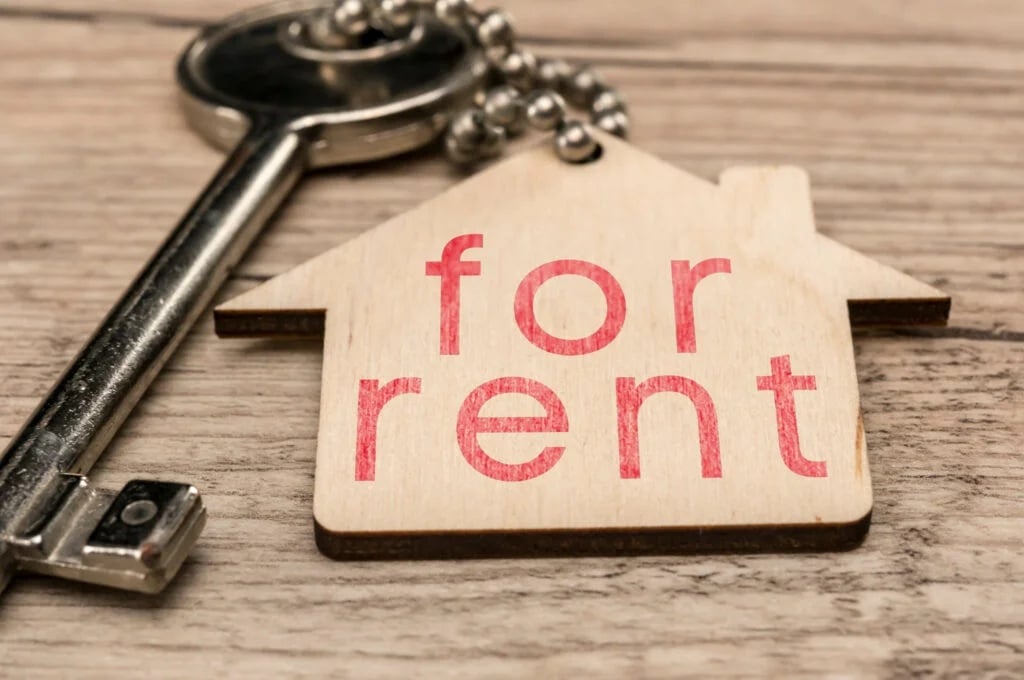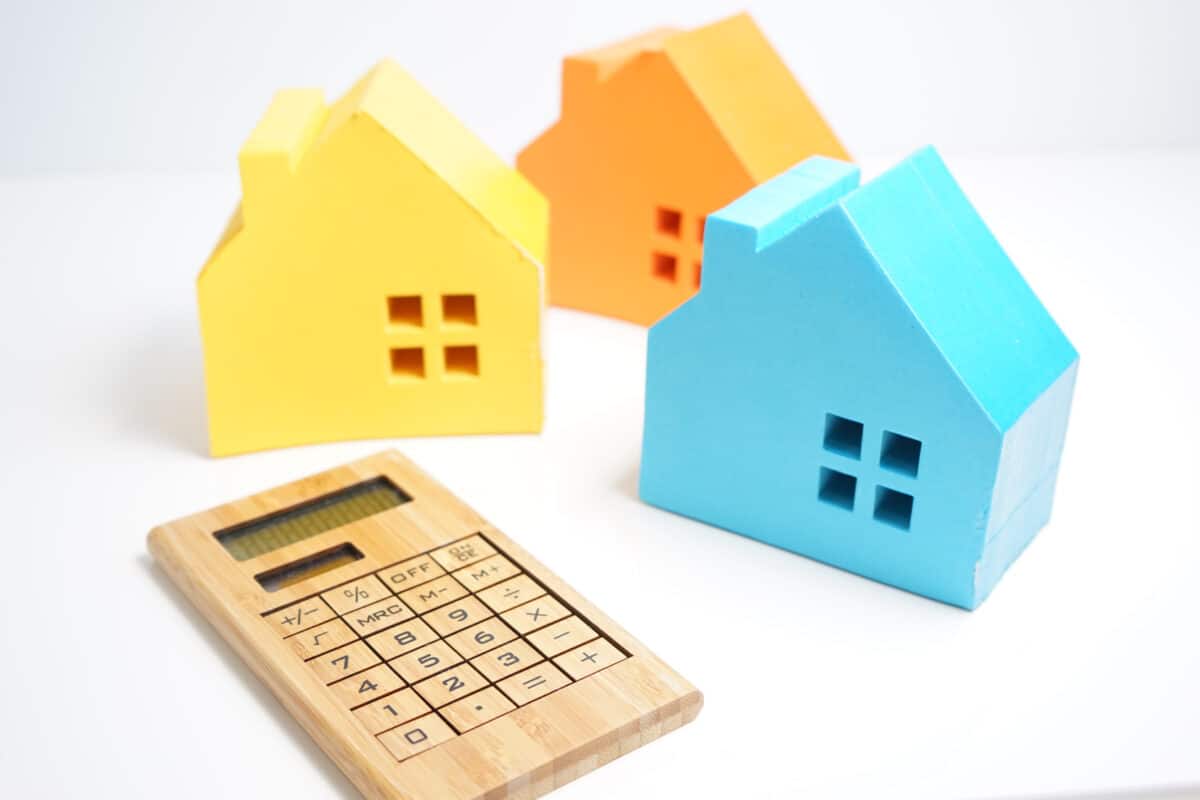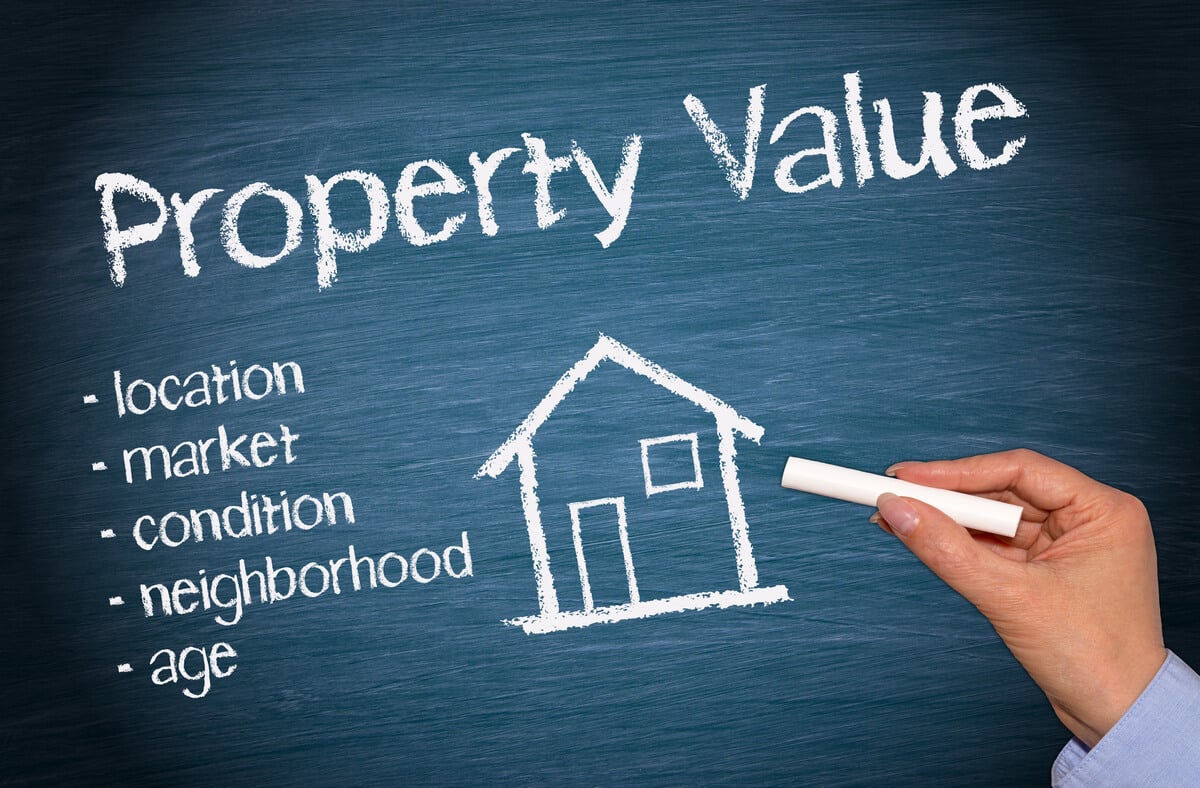How to Choose the Right Pre-Construction Condo

You’ve been eyeing that sleek new condo development going up near the waterfront. Maybe you passed the billboard on your morning drive or noticed the early buzz online: “Pre-construction units now selling.” It sounds exciting—a brand-new home, clean finishes, no bidding wars, and a few years to save up before moving in.
I’m sure, however, you have heard the expression, “Every rose has its thorn,” and pre-construction condos are no exception. These real estate properties come with their own set of challenges. Some shine on paper but stumble in execution. Others bring hidden fees, delays, or awkward floor plans, among other issues.
So, selecting the right new condo takes more than just liking the look of a model suite. It’s about asking the right questions and doing your homework.
I’m Jatin Gill, and I’ve put together a practical checklist, something you can actually use when reviewing your options.
Read: Pre-Construction Condos 101: A Beginner’s Guide
Your Purpose Matters
Ask yourself: Why am I buying this condo? It sounds simple, but your purpose changes everything.
If you’re buying for yourself, your first home, maybe, you’ll likely prioritize comfort, commute, & long-term livability. You’ll think about morning light in the bedroom, where your couch will go, or whether that second bedroom works as a future office or nursery and so on.
But for investment? That’s a different game. Now you’re thinking about ROI, tenant appeal, and how fast the neighbourhood’s growing. You’ll care more about rental demand, low vacancy rates, and which floor plans lease or sell faster down the line.
Your reason for buying shapes your budget, too. Investors might go for smaller units in high-demand areas to keep costs low and margins high. End-users might stretch their budget a bit for space, views, or amenities.
The pre-construction condo timeline matters just as much. If you’re not in a rush, a project completing in 2028 might work. But if you’re trying to move out of your rental in a year or two, you’ll want something further along in construction or at least with a firm occupancy date.
So take a minute to define your “why.” Because everything else—from the location to the layout—should align with that.
Read: The Pre-Construction Condo Timeline Explained
Pre-Construction Condo Checklist
Ready? Let’s build your perfect-fit pre-con condo checklist.
Location Analysis
A great location can make the difference between a home that gains value over time… and one that’s tough to resell or rent out. So, how do you know if the location is right? Consider these factors when choosing a pre-construction condo:
- Proximity to transit
- Nearby schools and childcare
- Commute to work hubs
- Shops, restaurants, and groceries
- Neighbourhood safety and walkability
- Future development plans
Choosing a good location isn’t just about where things are now. It’s about seeing what’s coming, how the area is evolving, & whether it aligns with your goals.
Read: Top 15 Private Schools in Toronto
Check: Pre-Construction Condos Near Toronto Transit Hubs
Developer Reputation
You fall in love with a glossy brochure and sign on the dotted line… only to find out two years later that the builder has delayed the project. Again. And again!
That’s the risk when you don’t research the developer.
A strong reputation is one of the most important—and overlooked—factors in the pre-construction world. Here’s what to look for:
- Track record of completed projects
- Timeliness of delivery
- Quality of construction
- Transparency & communication
- Customer service post-sale
A trusted top-tier developer gives you peace of mind. They don’t just sell a dream—they deliver on it. And that can make all the difference between a stressful buying experience and one that goes smoothly.
Read: Top 14 Condo Developers in Toronto
Floor Plan and Unit Layout
If the floor plan doesn’t suit your lifestyle, it will become a daily annoyance, no matter how reputable the developer is or how great the location may be.
It’s easy to get swept up by square footage numbers and fancy finishes in a showroom. But good design is about how the space flows—not just how big it is.
Here’s what to watch for when reviewing layouts:
- Smart space usage
- Natural light
- Storage space
- Kitchen flow and function
- Privacy and separation
- Orientation and exposure
- Noise exposure
- Resale appeal
The goal is to find a layout that doesn’t just look nice in a rendering, but feels right when you imagine your daily routine inside it.
Read: How to Read a Pre-Construction Condo Floor Plan

Building Amenities
Let’s be honest: shiny amenities look amazing in the brochure. Rooftop lounges. Zen gardens. Pet spas. But the real question is—will you actually use them?
Amenities can boost your lifestyle and your condo’s resale value… but they also affect your monthly maintenance fees. Striking the right balance is key here.
Here’s how to weigh what matters:
- Must-have conveniences: Look for amenities that genuinely improve day-to-day life, such as:
- Fitness centre or gym (saves on external memberships)
- Concierge or security (added safety and package handling)
- Party or multi-use room (handy for hosting without crowding your unit)
- Guest suites (ideal if family or friends visit often)
- EV charging stations or bike storage (especially important in growing urban centres)
- Lifestyle perks: Nice to have—but only if you’ll actually use them:
- Rooftop decks
- Coworking lounges
- Theatre rooms
- Pet washing stations
- Maintenance impact: Every extra feature comes with upkeep. Pools, for example, are great… until you’re paying hundreds a year to maintain one you never use. Ask your agent for the projected maintenance fee per square foot and how it compares to other projects.
- Amenity location & accessibility: Are they all clustered on one floor or spread throughout the building? Are they accessible to all units, or limited by floor or tower?
Your goal is to find a building where the amenities align with your lifestyle, not just trends. The more practical they are for you, the more value they’ll bring.
Deposit Structure & Incentives
Pre-construction condos don’t require a mortgage upfront, but they do require a deposit—essentially a form of down payment. Some deposit structures are flexible and buyer-friendly, while others can be surprisingly demanding.
Here’s what to check:
- Standard structure: Most builders ask for 15%–20% of the purchase price over 12 to 18 months, typically broken down like this:
- $5,000 with the offer
- Balance to 5% in 30 days, 5% in 90 days, 5% in 180 days, and sometimes another 5% at occupancy
- Extended deposit programs: Some developers offer stretched-out timelines (e.g. 15% over 24 months), ideal for first-time buyers or those who need more flexibility.
- Incentives: These promos can make a difference:
- Reduced deposit plans (e.g. 10% total)
- Free assignment rights (allows you to sell before final closing)
- Capped development charges
- Free or discounted parking and locker
- Decor dollar credits (money you can spend on upgrades)
Is the incentive actually valuable? A free locker might sound great, but if lockers in that area rent for $25/month, it’s a $300/year perk. Nice, but not a deal-maker.
The big takeaway? Look beyond the sticker price. A strong deposit structure and the right incentives can save you thousands and make the buying process much smoother.
Read: Buying Pre-Construction: What are Deposit Structures?
Occupancy & Completion Timeline
Delays are common. Even the best developers face construction hiccups, permit issues, or supply chain setbacks. It’s not a red flag, but it is something you need to plan for. How?
- Estimated Completion Date: Builders will give a projected date, often 3 to 5 years from the sales launch. But don’t circle it in ink. Think of it as a target, not a guarantee.
- Interim Occupancy Period: This is a uniquely Ontario situation. You might get the keys and move in… but still not officially own the unit yet. It can last a few months to a year.
- Final Closing
This happens once the building is legally registered. At that point:- You start paying your mortgage.
- All legal ownership transfers to you.
- You settle remaining closing costs and any adjustments.
What to expect: Projects can be delayed by months—or more. Builders are allowed leeway under Ontario law. If your move-in date is critical (e.g. selling your current home or moving cities), build in buffer time.
Read: What to Do if Your Pre-Construction Condo Project Gets Delayed or Cancelled
Closing Costs & Hidden Fees
You’ve budgeted for your deposit. You’re approved for your mortgage. Everything’s on track. But then… boom! Closing day arrives, and there’s a stack of unexpected fees.
It happens more often than you’d think.
- Development Charges & Levies: These are government-imposed fees that developers pass on to buyers. The purpose? To help fund local infrastructure (like roads, schools, parks).
- Vary by city, but can range from $5,000 to over $20,000.
- Always ask for a cap on these fees in your agreement. A good cap might look like: “Development charges not to exceed $8,000 for a one-bedroom unit.”
- Utility Hook-Up Fees: Connecting your unit to hydro, water, gas, internet, and other services comes with fees, often bundled into your final statement of adjustments.
- Legal Fees: Expect to pay around $1,500 to $2,500 in legal costs to your real estate lawyer to:
- Review your Agreement of Purchase and Sale
- Ensure your rights are protected
- Handle title transfer and closing paperwork
- Tarion Warranty Enrolment Fee: This is a one-time cost for new-home warranty coverage in Ontario. It’s usually a few hundred dollars and depends on your unit’s price.
Pro tip: Ask your agent or lawyer to walk you through a sample statement of adjustments. Seeing what a final cost sheet looks like will give you clarity and help you plan ahead.

Assignment Clause & Flexibility
Simply put, it’s about whether you can sell your unit before the building is complete, and that can make a big difference for many buyers.
- Why does this matter?
- Investors love assignment rights for flexibility and potential gains.
- Buyers might want to relocate or change plans and need to sell early.
- Some banks may require proof of assignment rights for mortgage approval.
- Are assignments always allowed?
- No. Some builders restrict or prohibit assignments, or charge hefty fees to transfer the contract. Check the fine print carefully.
- Common restrictions to watch for:
- Assignment fees (often 1-3% of purchase price)
- Limited assignment period (e.g., must assign before interim occupancy)
- Builder approval required for any assignment
- What if assignments aren’t allowed?
- You’re committed until final closing. That’s fine if you plan to keep the unit long-term, but less flexible if your situation changes.
- Can your agent help?
- Yes! Experienced VIP pre-construction agents often know which builders offer assignment-friendly contracts and can guide you to the right projects.
Read: Comprehensive Guide to Assignment Sales in Ontario’s Real Estate
Maintenance Fees
The purchase price is just part of the story. You’ll also be paying monthly maintenance fees, which can add up faster than you expect. Here’s the scoop:
- What do maintenance fees cover? Typically, these fees pay for:
- Building upkeep & repairs
- Common area cleaning & landscaping
- Utilities for shared spaces (water, electricity in hallways)
- Amenities like the gym, pool, party room
- Management & security services
- What might not be included?
- Your individual hydro or heating (usually separate)
- Property taxes (paid separately)
- Parking or locker fees (sometimes extra)
- How to evaluate maintenance fees:
- Check the fee per square foot and compare with similar buildings nearby.
- Look at the breakdown of what’s included — a higher fee isn’t always bad if it covers more services.
- Ask if fees are expected to increase over time (usually yes, but by how much?).
Reserve fund: This is money set aside for major repairs & replacements in the building (roof, elevators, etc.). A healthy reserve fund means fewer surprise special assessments down the road.
Read: Your Guide to Condo Maintenance Fees
Surrounding Neighbourhood
The neighbourhood you live in shapes your daily life and can affect your property’s value down the road. Here’s what to consider:
- Visit the site if you can: Nothing beats a firsthand look. Walk around at different times of day to get a feel for:
- Noise levels
- Safety
- Traffic flow
- Neighbourhood vibe
- Nearby amenities: What’s within walking distance or a short transit ride? Think:
- Grocery stores and cafes
- Parks and green spaces
- Schools and daycare centres
- Restaurants and entertainment spots
- Hospitals and Walk-in clinics
- Transit and commute: Is there easy access to public transit or major roads? How long will your commute be to work or school?
- Future developments: Check the city’s planning office or local news for upcoming projects that might:
- Add new shops or services
- Bring new transit lines or bike paths
- Increase or reduce neighbourhood density
- Safety and walkability scores: Websites like Walk Score can give quick insight into:
- How easy it is to get around without a car
- Crime statistics and overall safety
- Construction zones: Nearby construction can mean noise and disruption, but also signal future growth and opportunity. Be prepared.

Bonus Tip: Work With a Trusted Pre-Construction Expert
Ticking boxes on a checklist is a smart move—but is it enough? Not quite. Experience is what makes the real difference. Working with someone who knows the market inside and out often leads to a much better deal. That’s where trusted experts like Platinum Condo Deals come in. Here’s why:
- Insider access: VIP entry to new projects before public launch.
- Market expertise: Deep knowledge of Ontario’s pre-construction scene.
- Builder insight: Awareness of top developers and best incentives.
- Negotiation power: Perks like free parking, upgrades, and flexible deposits.
- Personalized guidance: Advice matched to budget, lifestyle, and goals.
Read: Platinum & VIP Access in Pre-Construction: What It Means
Bottom Line
To wrap things up, remember that the best deals come when you match your goals, whether it’s a cozy home or a smart investment, with the right location, builder, & financial plan.
Using this checklist will help you stay organized and confident. But remember, navigating pre-construction condos can be complex. That’s why having the right expert by your side is key. Contact us at Platinum Condo Deals today. We will guide you through every stage, making your condo buying journey smooth, informed, and successful.
Jatin Gill, an esteemed authority in real estate writing, is celebrated globally for his unparalleled expertise. With over 20 years in the industry, he has authored more than 1,000 SEO-friendly articles covering every facet of real estate. Specializing in pre-construction projects, Jatin's extensive knowledge spans all real estate topics. His content is a go-to resource for anyone seeking comprehensive, insightful, and up-to-date information in the real estate market.
Learn MoreFAQs
Pre-construction often offers lower prices, newer designs, modern amenities, and the chance to customize your unit.
Check their track record for completed projects, read customer reviews, and ask your real estate expert for insights.
You can visit the sales office and model suites, but usually not the actual unit until it’s built. Visiting the neighbourhood is highly recommended, though.
Maintenance fees typically cover building upkeep, amenities, and some utilities. Always ask for a detailed breakdown so you know what you’re paying for.
An assignment clause allows you to sell your purchase contract to someone else before final closing. It adds flexibility, especially for investors, but may come with restrictions or fees.
Additional Resources















Awards & Achievement










Subscribe for the Latest Condo Deals
Apologies, our subscription list for this month is now full. Please register on our website to secure your spot for next month. Thank you for your interest!

